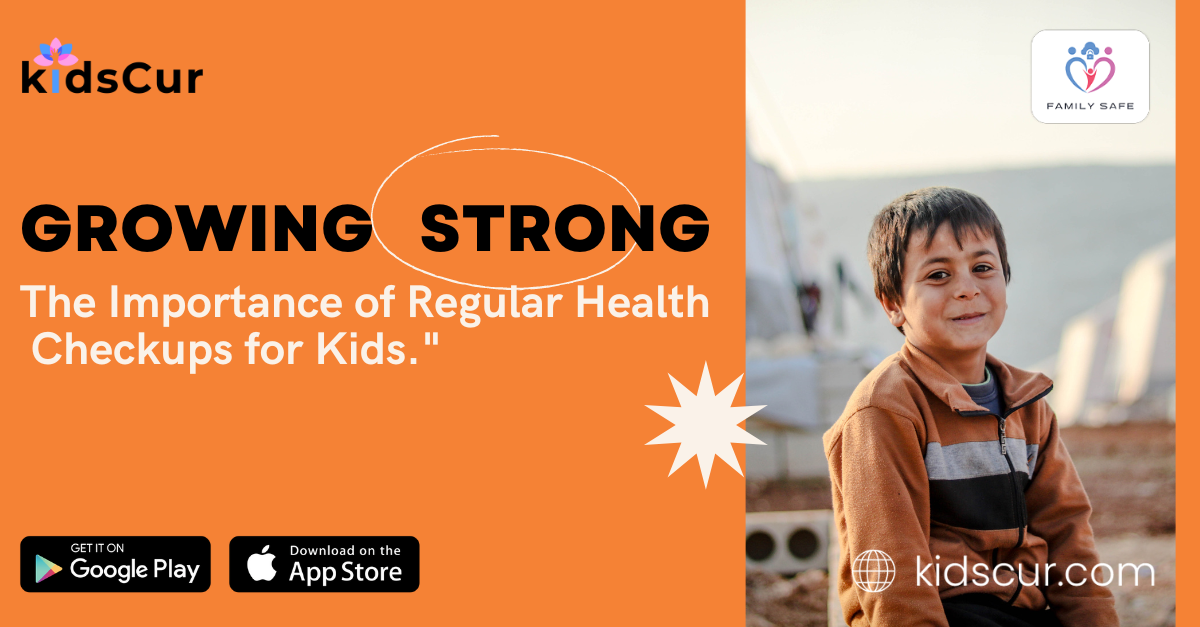
Vaccines are one of the greatest inventions of modern medicine, protecting us and our children from a wide variety of infectious diseases. However, with so many different types of vaccines and their respective schedules, it can be difficult to keep track. Fortunately, our Vaccination Tracker provides an easy-to-use platform that can help parents stay on top of their child’s vaccinations. Let’s take a closer look at what this powerful tool offers.
Vaccination Trackers help parents manage their children’s immunization schedule. It provides detailed information about each vaccine, including the age at which it should be administered, how often it should be given, and any potential side effects. The app also allows users to set reminders for upcoming vaccine appointments so they never miss a shot!
There are two main types of vaccines: live attenuated vaccines and inactivated vaccines. Live attenuated vaccines use weakened versions of the virus or bacteria they target, while inactivated vaccines use killed viruses or bacteria. In addition to these two main types, there are combination vaccines that provide protection against multiple diseases with a single dose.
A baby’s first year of life is a critical time for them to receive vaccinations. During this period, the baby should receive the following vaccines: Hepatitis B (HepB), Rotavirus (RV), Diphtheria, Tetanus, and Pertussis (DTaP), Haemophilus Influenzae Type B (Hib), Pneumococcal conjugate (PCV13), Inactivated Poliovirus (IPV), Influenza (flu shot) and Measles, Mumps, and Rubella (MMR).
The Hepatitis B vaccine protects against the virus Hepatitis B, which affects the liver and is spread through contact with bodily fluids. This vaccine is usually administered as a three-dose series at birth, one to two months postpartum, and six to eighteen months postpartum.
The Rotavirus vaccine prevents infection from the rotavirus, one of the most common causes of severe diarrhea in young children. The vaccine is administered orally in either two or three doses depending on the brand used. It is recommended that it be given between six and twelve weeks old.
The Diphtheria, Tetanus, and Pertussis vaccine protects against diphtheria, tetanus and pertussis bacteria infections. Diphtheria can cause breathing difficulties and heart failure; tetanus can lead to muscle spasms; pertussis can cause severe coughing spells that make it hard for babies to breathe or eat properly. This vaccine is usually given in four doses.
Haemophilus influenzae type b prevents infection from HIB bacteria which can lead to meningitis or severe pneumonia in infants if not treated promptly. The Hib vaccine is usually given as a combination of three injections.
The pneumococcal conjugate vaccine helps protect against some types of pneumonia as well as ear infections and bacterial meningitis. The Inactivated Poliovirus Vaccine works by providing immunity against poliomyelitis or polio which can cause paralysis or even death if left untreated.
The Influenza Vaccine helps protect against seasonal flu viruses which are responsible for causing fever, cough & congestion, etc. It’s typically recommended annually starting from 6 months onwards with an annual booster being required each flu season thereafter.
Finally, there’s the Measles Mumps Rubella(MMR)vaccine which works by providing protection against measles mumps & rubella viruses.
Vaccines play an important role in keeping us healthy by protecting us from serious illnesses caused by dangerous viruses and bacteria. Keeping track of all the different kinds of vaccines out there—and when they should be given—can seem daunting but thankfully tools like Vaccination Trackers make it easier than ever before! With its comprehensive database of vaccinations available by age group as well as its reminder-setting capabilities, parents can easily keep up-to-date with their children’s immunization needs without missing a beat!
Keep up with your child vaccination & immunisation schedule only with KidsCur App!

Frequent health examinations are essential for guara...
Read More
As adults, when we ride or drive a vehicle, we are s...
Read More
Comments